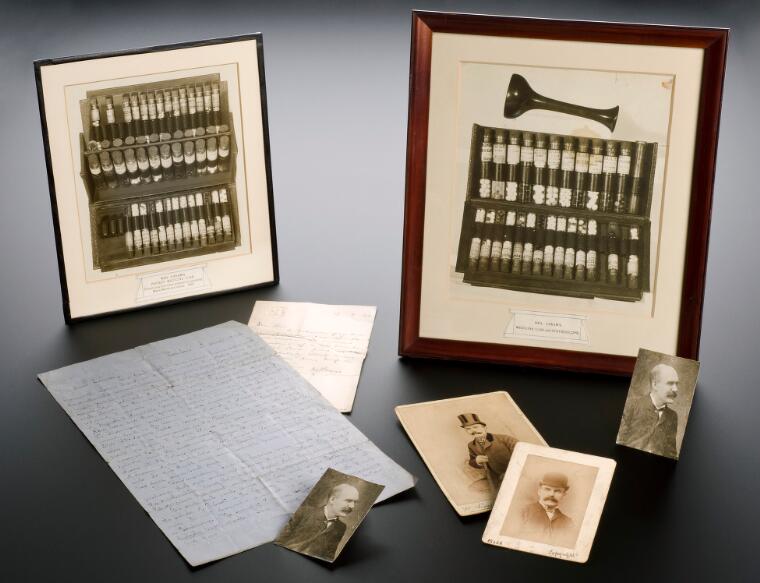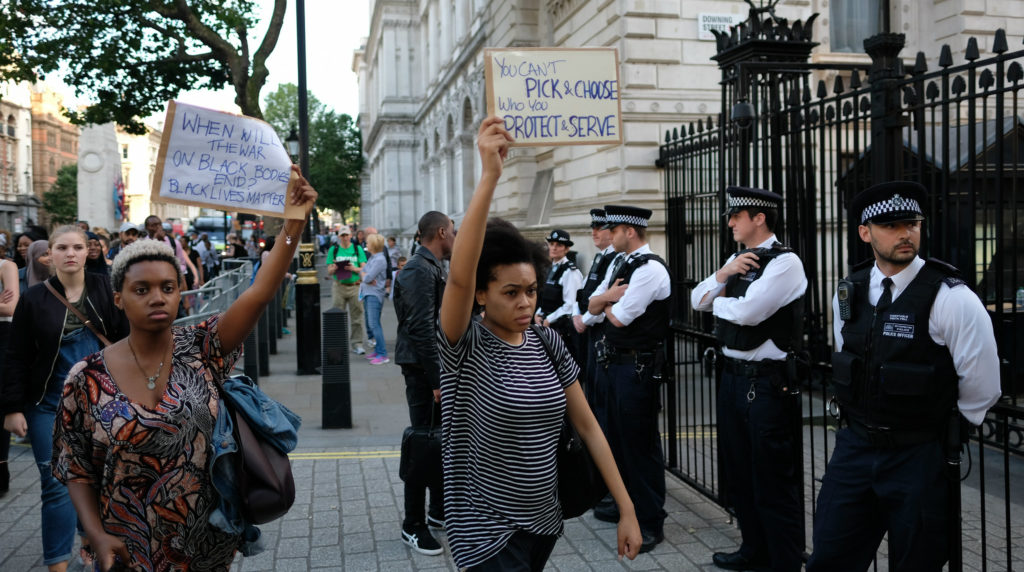Ethical policing
For the past four years I have been chairing the London Policing Ethics Panel (LPEP). What does the Panel do?

Photo by Tobias Tullius on Unsplash
Should London’s Metropolitan Police be permitted to use Live Facial Recognition systems, and if so, in what circumstances? How should the Met respond to the issues raised by the murder of George Floyd and the Black Lives Matter movement? How do you consult and engage a public that has many different needs, so that they can meaningfully feed into developments in policing? What could the Met do to reduce further the (already small) proportion of police officers who commit the most egregious breaches of ethical standards?
The LPEP is an independent panel set up by the Mayor of London to provide ethical advice on policing issues that may impact on public confidence in the Metropolitan Police.
It aims to complement the policing oversight structures in place in the capital, not by adding an additional layer of oversight but by bringing a different perspective to some of the ethically complex questions that arise around how London is policed.
The first London Policing Ethics Panel was set up under Boris Johnson’s mayoralty, and was chaired by Lord Alex Carlile. Writing during the first Panel’s inception, Lord Carlile explained that the guiding principle for the Metropolitan Police – which both his Panel and mine have sought to uphold – is that of ‘policing by consent’.
A radical new principle that predated even Victoria’s reign, policing by consent marked an intention to move away from authoritarian policing traditions. As Lord Carlile noted, “Policing by consent means that while the police have day-to-day authority on the streets, the people have the ultimate authority over the police – both through laws laid down by Parliament and by the oversight provided by elected politicians…The ethics of Metropolitan police officers should be guided by respect for the people of London, and by the goal of protecting the basic rights and freedoms of the people they serve. Principles of truth and transparency, fairness and integrity, inclusiveness and engagement should inform all of the Met’s procedures. It should be natural for every police officer to be honest, considerate and responsive throughout every encounter with a member of the public.”

Metropolitan Police letter and photographs of Dr Neill Cream. Credit: Science Museum, London. Attribution 4.0 International (CC
(This photo combines two of my interests, policing and medicine. Written on headed police notepaper, the smaller letter in this photograph was penned by an officer in London’s Metropolitan Police. It concerns Dr Neill Cream (1850-92), known as the ‘Lambeth Poisoner’. Dr Cream was convicted and hung for the murders of four prostitutes on 15 November 1892.)
During my tenure as chair of the Ethics Panel we have produced five comprehensive reports which can be downloaded here. The first two reports concerned the potential adoption of Live Facial Recognition (LFR) by the Met. The second two responded to the issues raised by the murder of George Floyd in the US, and the urgent questions that have to be answered if policing is to be trusted, fair and effective in a global city with a highly diverse population.

“London’s ‘Black Lives Matter’ March Passes Downing Street – 8 July 2016.” by alisdare1 is licensed under CC BY-NC 2.0
The Ethics Panel’s fifth report concerned what could be learned from Special Case Hearings (a disciplinary process focusing on the most egregious misconduct) in relation to building and maintaining an ethical organisational culture.
From 2020 I have also been working with the national ‘Operation Talla’ policing ethics committee, advising on issues arising out of policing during the pandemic. This presented huge challenges, as police across the UK found themselves enforcing rapidly changing laws and guidance. As the national panel’s deliberations were confidential, my reflections will have to wait for a future occasion when the panel’s work has been placed the public sphere.
